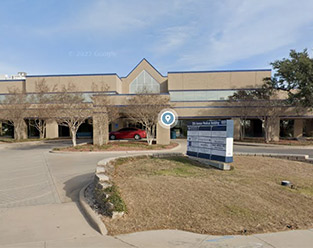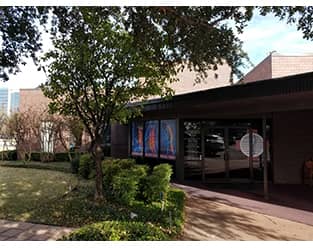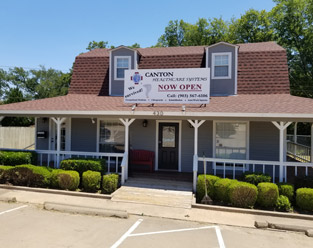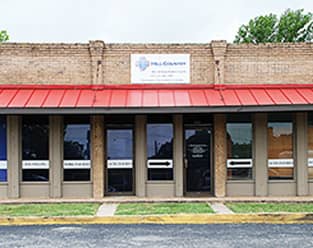How Music Therapy Helps Build New Neural Pathways
 In the aftermath of any type of bump or blow to the head, the most important thing you must do is seek appropriate medical care. Depending on the severity of your injury, you may need to go immediately to the emergency room at the nearest hospital or you may want to be treated at an urgent care facility. If your TBI is less serious, your best course of action is to schedule an appointment with your primary care physician as soon as possible. Your doctor can conduct a thorough examination and either prescribe the necessary care or refer you to a specialist, such as a neurologist or physiatrist.
In the aftermath of any type of bump or blow to the head, the most important thing you must do is seek appropriate medical care. Depending on the severity of your injury, you may need to go immediately to the emergency room at the nearest hospital or you may want to be treated at an urgent care facility. If your TBI is less serious, your best course of action is to schedule an appointment with your primary care physician as soon as possible. Your doctor can conduct a thorough examination and either prescribe the necessary care or refer you to a specialist, such as a neurologist or physiatrist.
The Benefits of Music When You’re Healing from a Traumatic Brain Injury
Though it may not be a specific component of the treatment prescribed by your doctor, don’t be surprised if your primary care physician encourages you to use music as a therapeutic tool. A word of caution, though…one of the after-effects of a TBI is an increased sensitivity to some types of noise. Avoid the heavy metal and opt for something soothing.
Furthermore, don’t just be a listener. Pick up a guitar or sit down at a keyboard. There are myriad benefits to integrating music into your life after a traumatic brain injury:
- Listening to the right kinds of music has been shown scientifically to lower blood pressure, stress and anxiety
- Playing a musical instrument typically requires fine motor skills, as well as complex neural interactions
- Research indicates that speaking typically involves primarily the left hemisphere of the brain, whereas singing comes mostly from the right side of the brain. Using this understanding, therapists have been able to restore speech by having patients sing the words first.
- Most music involves repetition, of both simple and increasingly complex tasks. Repetition has been shown to be one of the best ways to stimulate neuroplasticity, where the brain creates new neural pathways to restore basic function.
- Music typically combines a range of cognitive skills, from memory to concentration to adaptability. Some musical exercises, such as improvisation, can help stimulate mental flexibility, whereas learning chords, scales or simple songs can help build recall and focus.
Contact Us to Set Up an Appointment
At Advantage Healthcare Systems, we have extensive experience working successfully with individuals who suffer any type of concussion, TBI or traumatic brain injury. Call us toll-free at 1-877-487-8289 or fill out the form provided below to schedule an assessment. We offer locations across Texas, including Fort Worth, Dallas and San Antonio.





